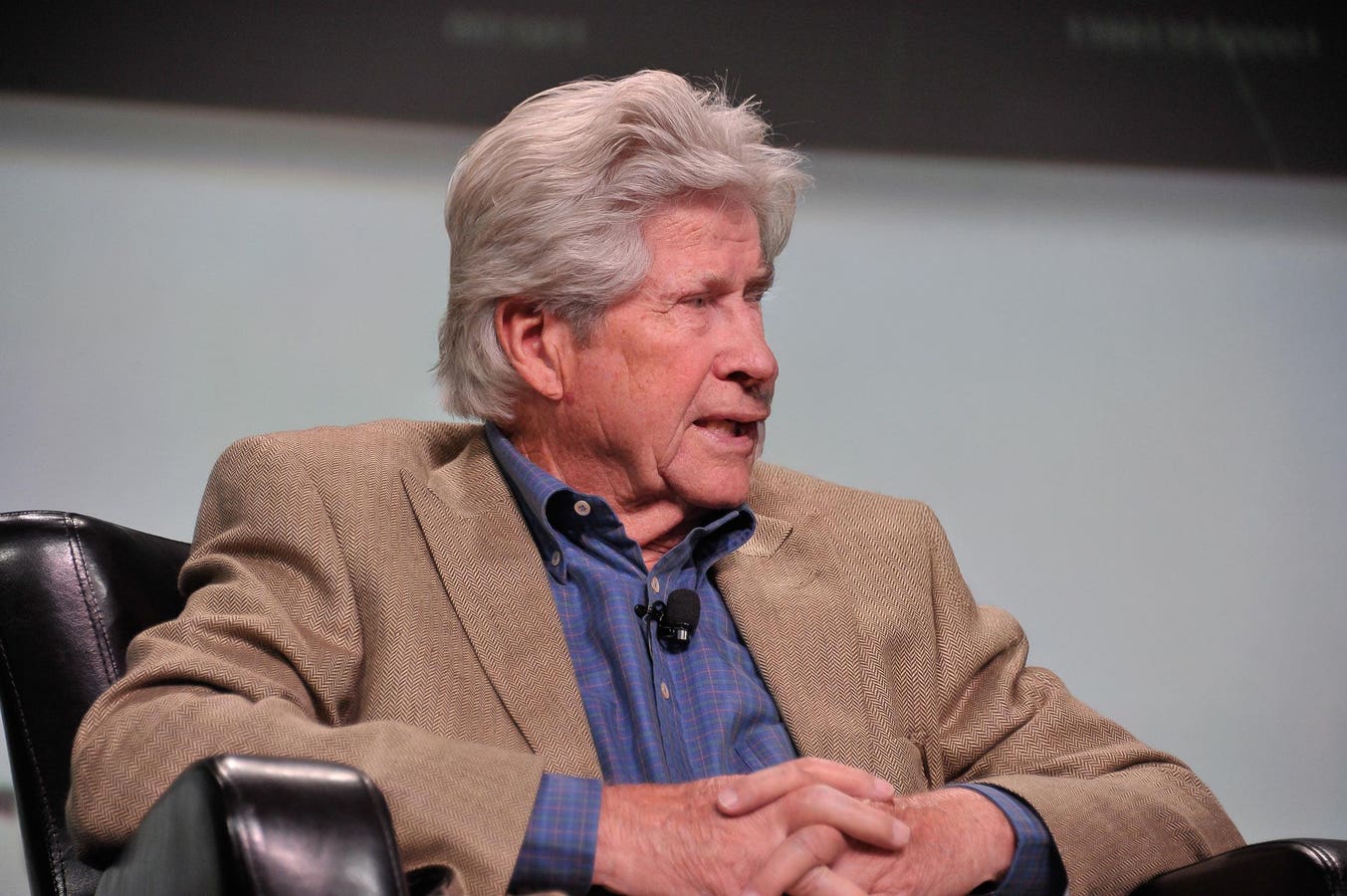A shot taken in front of a concert stage lit in the night, people are visible waving and clapping, but no one is recognizable.
getty
Summer music festivals are beloved for their energy and community, but their environmental footprint is significant. As a result, they are under increasing scrutiny for their environmental impact. According to Seaside Sustainability’s 2024 report, a typical three‑day festival generates about 500 tons of CO₂, or roughly 5 kg per attendee per day, with the majority of emissions coming from audience travel. Long car journeys and flights make up the largest share, while diesel generators used to power stages and facilities add significantly to the overall footprint. Furthermore, with climate change driving record‑breaking heat waves and increasingly erratic weather, the industry faces a critical question: Can live music become climate‑conscious without losing its magic? Sustainable music festivals suggest the answer is yes. Integrating renewable energy, circular design, zero‑waste systems, and community engagement are ways in which summer fun and climate responsibility can coexist.
Sustainable Festivals That Set the Tone for Summer 2025
The festivals that have already taken place this summer have done their part to prove that music and sustainability can coexist. Feel Festival in Germany championed bike‑friendly travel, a waste‑deposit system, and mostly plant‑based, organic food. We Love Green in Paris ran on solar, hydrogen, and biofuel power with a strict zero‑waste and fully vegetarian approach. Switzerland’s Greenfield Festival paired its rock and metal lineup with renewable energy, reusable systems, and aggressive recycling. Austria’s Paradise Garden Festival powered its stages entirely with local wind and solar, promoted train travel, and served seasonal vegetarian cuisine. Together, these events show that cultural celebration can leave a lighter footprint on the planet.
Upcoming Summer Sustainable Festivals
1. Øyafestivalen – Oslo, Norway (August 6–9, 2025)
Øyafestivalen has spent over 20 years building a reputation as one of the world’s most sustainable music festivals. According to its organizers, the event operates entirely without fossil fuels, relies on permanent site infrastructure to reduce waste, and serves local, organic food to cut transport emissions and support regional producers. Since 2023, its sustainability strategy has expanded to include diversity, equity, inclusion, and community engagement, making social responsibility as central as environmental care.
2.Deep Tropics – Nashville, USA (August 14–16)
Deep Tropics is a green North American music festival. According to the festival’s 2024 sustainability report, it diverted 87% of waste, preventing 7,387 pounds from reaching landfills, and planted 101,000 trees, offsetting more than 2,000 metric tons of CO₂. The festival operates with zero single‑use plastics, stainless steel “Infinity Cups,” and is moving toward 100% renewable power. Its Sustainability Summit which begins on August 14th explores how music and environmental stewardship intersect, featuring discussions on regenerative urban design. It will also feature panels, wellness sessions, and a sustainable fashion show highlighting circular, zero‑waste design.
Deep Tropics Highlights
Deep Tropics
Summer 2025 has shown that music festivals can keep their magic while cutting their environmental toll. Sustainable events like Feel Festival, We Love Green, Greenfield, Paradise Garden, Øyafestivalen, and Deep Tropics prove that renewable energy, zero‑waste systems, and local, plant‑forward food can turn celebration into climate action. The future of live music belongs to festivals that leave more than memories, but also leave a lighter mark on the planet.









